|
Updated: October, 2020
Purchasing supplements can be an overwhelming process, whether it’s protein powder, fish oil, or an every-day multi vitamin. There are so many brands available, all with varying formulas, claims and reviews. It’s difficult to know what you should be purchasing and incorporating into your daily routine.
Over the past five years, I have been asked countless times what which plant-based protein powder I recommend. I have tried a number of brands, always hunting for the best taste, consistency, nutritional profile and ingredient list. Although I like to get the majority of my protein through whole foods, this can be challenge particularly in the morning, or if you're on the-go. This is when turning to a powdered protein supplement can be helpful. When comparing protein ingredients, it's often easier to find a higher quality whey than it is plant-based brand. So, if you're not choosing plant-based protein for any ethical or digestive reasons, take some time to explore whey based and use these guidelines:
If you keep this guideline list handy when shopping for a whey, even if you tick of 85% of the boxes, you likely have a decent quality brand in your hands.
Looking for FRESH breakfast ideas? Try my Quinoa Breakfast Bowl. With a complete amino acid profile, endless topping possibilities and all the warm comfort of a bowl of oatmeal, you'll be excited to switch up your breakfast routine!
Now onto the plant-based protein powders. Before I get into specific brands (because, depending on where you are located, different protein powders will be available to you), there are some guidelines you can use to help you shop for these as well, many the same as above:
Again, you might not be able to tick all of these boxes, so just be sure to take a glance at the ingredient list before purchasing and make sure you're buying a decent brand, even if it's not perfect. We want to support supplement companies that truly have our health in mind--not brands that are trying to make a product on the cheap to maximize margins. The problem with many plant-based proteins is that they can be grainy, chalky, and lacking in the flavour department. That said, over the years I have seen many brands step up their game as they work to stay competitive in the market. Here, I will review four brands of plant-based protein powders and, hopefully, take some of the guess work out for you when purchasing. The four brands I am going to review are: Vega Sport Performance Protein (vanilla) Garden of Life Raw Protein (chocolate) Lean Fit Naturals Complete Green Protein (vanilla bean) Tropeaka Protein (Vanilla) When you're looking at the nutrition profile of a protein powder, you want to look first at the balance between proteins, fat and carbs. If you're planning on using it as a meal replacement on its own, you may want a more even balance between macronutrients. If you want to incorporate a protein powder into a smoothie, look for a solid dose of protein (around the 20g mark per serving) and lower carbs and fats. You can easily add whole foods into a smoothie to make a complete meal. If you follow a keto lifestyle, you may be ok with high protein and fat but low carb. Reflect on what you want from a powder and go from there.
Vega Sport Performance Protein (vanilla)
Vega Sport boasts an impressive 30g of protein per scoop, which you don't see that often in a vegan brand. With only 3g of carbs and fat each, the macronutrient breakdown is solid. If that's where your interest ends, this this a great choice for you.
If we dive into the ingredient list, we see a mix of conventional and organic protein sources. Non-organic pea protein isn't ideal, as it can be a heavily sprayed crop. That said, the sweetener is stevia, which is a pretty good choice. Like most protein powders, it does contain natural flvours (another word for artificial flavours), but it's the last ingredient listed, telling us the content is low compared to other ingredients used. In terms of taste, I found it good with a smooth texture. Final thoughts: Although I appreciate the accessibility, 100% organic proteins sources would be best. Garden of Life Raw Protein (chocolate)
Garden of Life is another popular plant-based protein brand, and this is for a couple of reasons. The nutrition is good, with 22g of protein per serving, 5g of carbs and 2.5g of fat. But the real star of the show is their ingredient list. All protein sources are organic, including organic sprouted rice powder, sprouted meaning there is more nutritional benefits. Like Vega, it's sweetened with stevia and contains natural flavours.
You may find the texture not quite as satisfying as other brands, but if we're talking ingredients, these are best in class. Final thoughts: Texture not perfect, but super high quality production for such an accessible brand. LeanFit Completegreen Organic Protein (vanilla) LeanFit is a Canadian company based in Vancouver. Their plant-based (and whey) protein can be found at Costco, which a lot of people love. The price is right too. But how do the nutritionals compare to other brands? LeanFit provides 21g of protein, 7g of carbs and 0g of fat. Like Garden of Life, LeanFit Completegreen organic uses a full organic plant-based protein blend. It's sweetened with stevia, but uses natural flavours, a mix of organic and conventional. Final thoughts: the taste and texture are decent. Like most, it includes natural flavours, but in terms of price point and nutritionals, it's a solid choice for the average consumer. Tropeaka Lean Protein (vanilla)
Tropeaka is an Australian company with a North American warehouse. So, although you'll have to order online, it's pretty easy to get your hands on this brand. The ingredient list includes some unique items that I haven't seen in many other brands, like macca powder, MCT oil and monkfruit. But I'm so torn because the protein combo is not organic! And, as mentioned, could mean the product would score high in pesticides. That said, if you're really interested in diving into this, I'd research the farming differences in Australia vs. those in North America. My guess is we'd see some differences there, potentially making organic less of an issue.
Final Thoughts: The flavour, texture and macro breakdown is on-point. With 16g of protein, 4g of carbs and 2.5g of fat in a 2Tbsp serving, Tropeaka is one you may want to keep in your pantry for its unique ingredient list and related benefits.
With so many protein companies on the market today, it's a confusing world out there for the consumer. Hopefully the checklist provided above, as well as a peek into the nutrition and taste profile of a few brands, will help guide you when making your next plant-based protein purchase.
For your daily dose of health and nutrition, join my Instagram community!
2 Comments
Leave a Reply. |
|


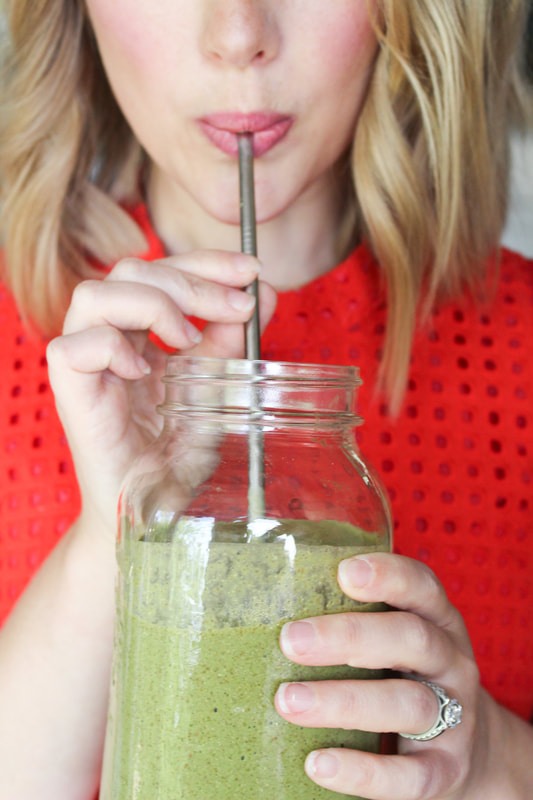
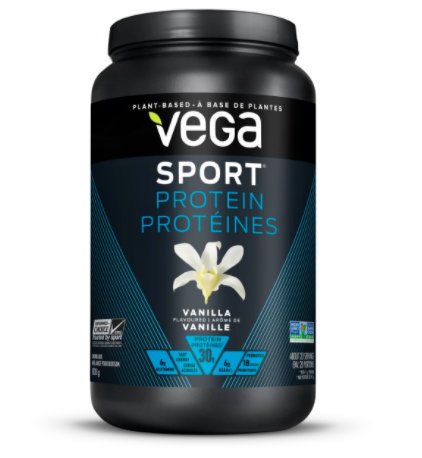
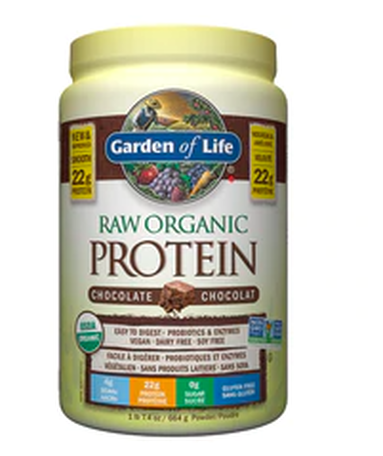
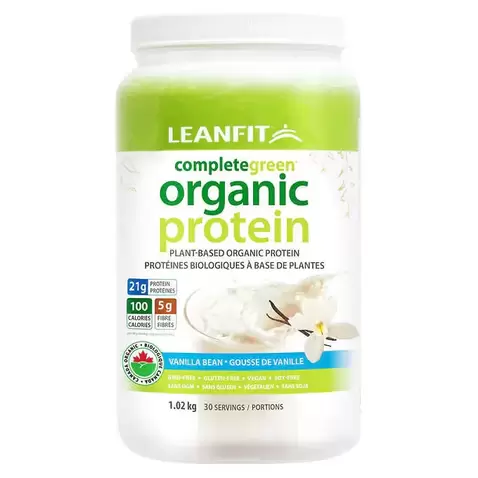
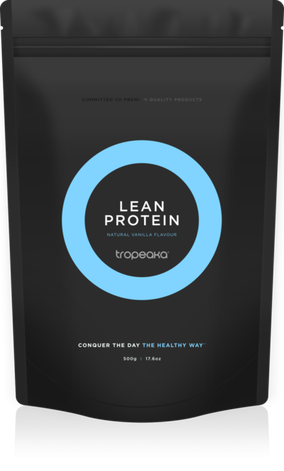
 RSS Feed
RSS Feed